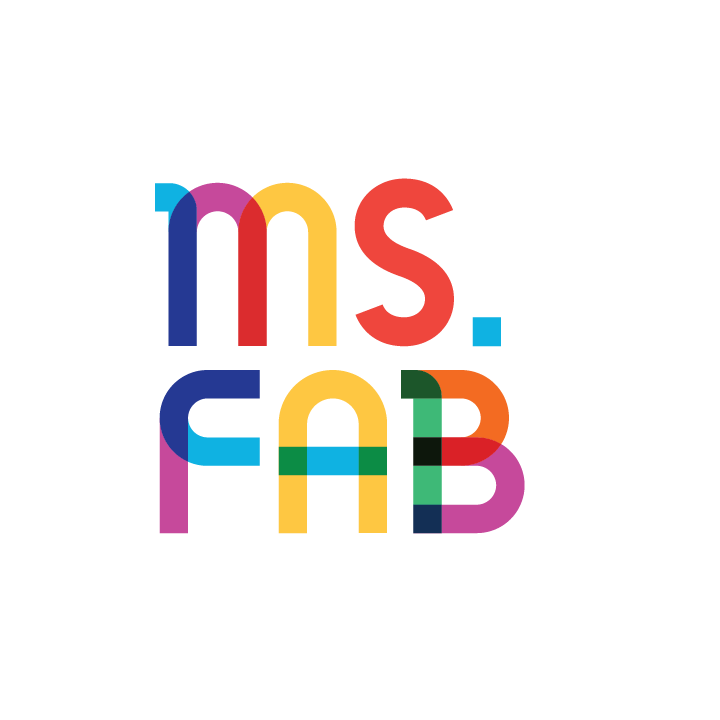Fab Fridays 104: The US Education System
Some eye-opening stats on the education system in America
A few months ago I wrote about the origins of our modern school system, and how it started about 200 years ago in Prussia. And while the Prussian system had its problems, but it did raise literacy rates.
Unfortunately, it’s hard to find the benefits of the education system in America.
The education system we know today started gaining steam in the 1960s. The theme was standardization and efficiency by putting kids on a learning assembly line: Move them from class to class with specialized teachers, limit play to reduce waste, and control quality with tests.
Sadly, this model has not led to a boom in education. Let’s look at some eye-opening stats:
13-year-old kids score only 2.8% better than kids from 1970 in math. And they score only 1% better in reading!! (Analyze data here.)
What’s even more concerning: over half of American adults today can’t read above a 6th-grade level! No wonder confidence in public schools is at all-time lows.
Source 2: https://news.gallup.com/poll/394283/confidence-institutions-down-average-new-low.aspx
The American system was designed to create factory managers to improve the economy, but that’s not exactly what has happened.
The US has struggled to make progress in critically important areas since 1970. For example, compare how long it takes us to build things today with this list by Patrick Collison, co-founder and CEO of Stripe.
Certainly, we've made huge advances in tech. But our most famous tech leaders dropped out of their degrees: Bill Gates, Steve Jobs, Mark Zuckerburg…Their stories are so powerful because they highlight something that millions of students wonder:
What’s the point of school?
But the situation isn’t hopeless for our kids. In fact, it’s incredibly exciting.
They live in a time of infinite possibility–not because the traditional way of learning in school works…but because of what’s possible outside of school. (Here is a list of options!)
Today’s kids have something every generation of humans before them could only imagine: The internet.
More people than ever have the opportunity to educate themselves. For the first time, kids can control their learning, pursue their interests, and make things for people to use across the globe. Kids can learn almost anything they want with platforms like Wikipedia and YouTube. They can code apps, design art, film videos…the list is endless.
In this episode of Show & Tell, David Perell and I discuss creative uses of technology to learn and produce, the power of self-directed learning, the Tik-Tok theory of culture, and how digital tools have revolutionized different industries.
(We recorded this video a while ago, when I was just getting started and stuck at the beach in the middle of the pandemic with no video or audio equipment, so apologies in advance for the quality of the video!)
As I’ve mentioned before, schools use old techniques that weren’t designed to help us reach our unique potential. To leverage the internet, we need to step out of the traditional way of thinking about education…and this is one of the things that I cover in my upcoming book.
I will be sending updates about the book in the upcoming weeks! In the meantime, if you’d like to learn more about the history of education, check out my previous article: The Origin of the Modern School System
Have a great weekend!
Ana Lorena Fabrega
P.S. I’m a big fan of Sora Schools, and was pleased to see that they have scholarship opportunities available for September start! Sora is a project-based, fully-accredited middle and high school that helps students pursue their interests and discover who they are. If you have a disengaged middle or high schooler and would like to try a new approach to their education, I would check them out (I have no affiliation to Sora but love what they are building. Sharing this in case it is helpful!)





Since 1970, the cost of education/college has skyrocketed while the quality has declined. All due to due to government and administrative bloat. Our "elite" universities are most demoralized: https://yuribezmenov.substack.com/p/how-to-rank-the-top-npc-universities